Chapter 9
Securing the Republic: 1800–1815
By Boundless
The presidential election of 1800 represented the first peaceful transfer of power between political parties in U.S. history.
During the early years of the U.S. government, the new republic saw the firm and unexpected establishment of a two-party political system.
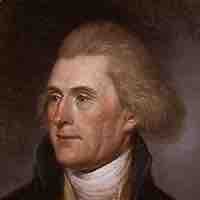
Jefferson's presidency focused on undoing Federalist policies at home and maintaining American neutrality abroad.
Marbury v. Madison (1803) was a landmark case that laid the foundation for the exercise of judicial review in the United States.
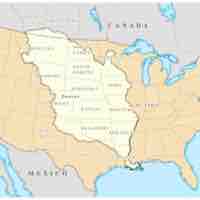
The Louisiana Purchase doubled the size of the United States overnight and marked a major invasion into American Indian territory.
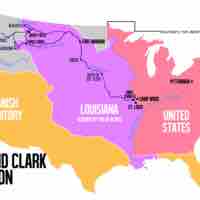
After the purchase of the Louisiana Territory, Thomas Jefferson sent Lewis and Clark to lead an expedition called the "Corps of Discovery."
The Barbary Wars were two wars fought between the United States and the Northwest African Barbary States in the early nineteenth century.
Although Jeffersonians extolled the virtues of the independent yeoman, they also were strongly in favor of slavery.
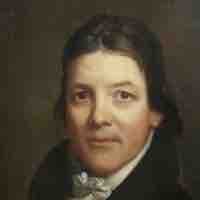
When Virginia congressman John Randolph broke with Jefferson in 1806, his political faction became known as the "Old Republicans," or "quids."
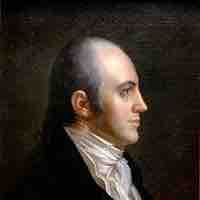
The Burr Conspiracy was a suspected act of treason led by former U.S. Vice President Aaron Burr to take possession of the Texas Territory.
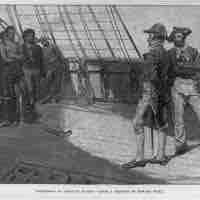
The Royal British Navy's practice of impressment led to increasing tensions between Britain and the United States.
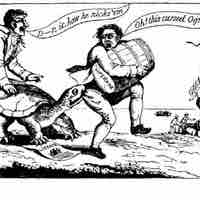
Although unsuccessful, the United States pursued an embargo to avoid war and compel Great Britain and France to respect American sovereignty.
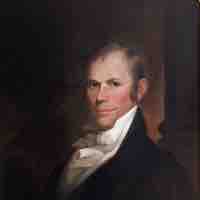
In the early nineteenth century, President James Madison faced pressure from Democratic-Republican "war hawks" to go to war with Britain.
James Madison's presidency was characterized by his policies toward American Indians, his economic plans, and the War of 1812,
James Madison's presidency saw the continuation of the American Indian Wars as the United States expanded into and invaded indigenous territory.
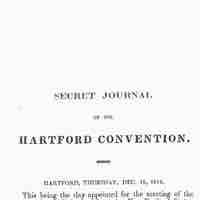
At the Hartford Convention of 1814, New England Federalists met to discuss their grievances over current events.
The War of 1812 arose from unfinished business of the Revolutionary War and pressures stemming from Britain's war with France.
The War of 1812's primary theater on land was along the northern border of the United States.
The strategic location of the Chesapeake Bay near the U.S. capital made it a prime target for the British.
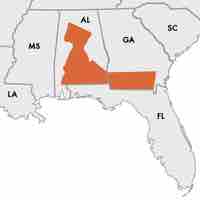
In the South, the War of 1812 manifested itself as the Creek Wars and culminated in the Battle of New Orleans.
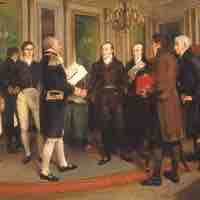
British and American diplomats signed the Treaty of Ghent in December of 1814, ending the War of 1812 and restoring relations between the two nations.